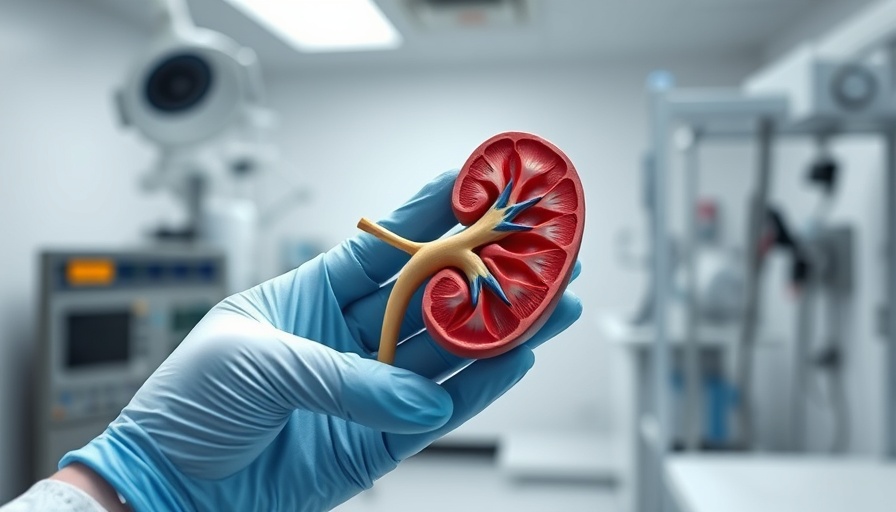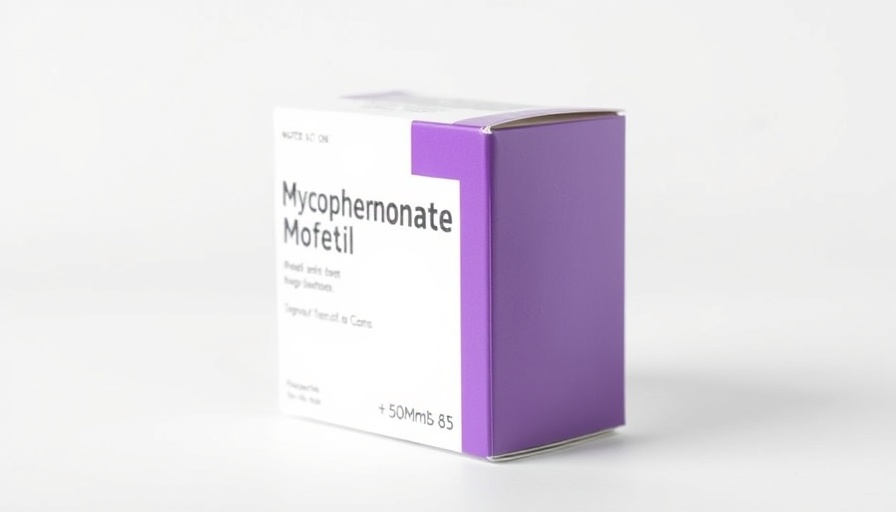
Pegcetacoplan Offers Groundbreaking Kidney Treatment Insights
Pegcetacoplan, a targeted C3/C3b inhibitor, has demonstrated significant and sustained improvements in key markers of kidney disease among patients based on recent findings from the VALIANT trial. After a completion of 52 weeks, results show robust benefits for individuals suffering from C3 glomerulopathy and primary immune complex membranoproliferative glomerulonephritis (IC-MPGN).
Understanding the VALIANT Trial and Its Impact
The VALIANT trial, which involved 124 patients, was structured into two phases – a randomized treatment phase followed by an open-label period. In the first phase, participants were assigned to receive either pegcetacoplan or a placebo. By week 26, participants who were on the drug experienced a remarkable 67.2% reduction in proteinuria—a key indicator of kidney dysfunction—compared to only 2.9% in the placebo group. The latest data confirms that these benefits not only persisted but improved further, with the pegcetacoplan group reporting a 68.3% reduction by week 52, illustrating the drug's potent effect in managing kidney-related issues.
Enhanced Patient Resilience and Side Effects
During the trial's open-label period, roughly 90% of patients transitioned from placebo to pegcetacoplan reported a notable reduction in protein levels in their urine as well. Moreover, the treatment was deemed safe, with only slight adverse effects, and a drop in infusion-related events. Overall, 97.6% of patients adhered to their treatment schedule, indicating that pegcetacoplan is not only effective but also well-tolerated by a majority of participants.
What This Means for Patients and Future Treatments
The implications of these findings are significant. For patients suffering from specific forms of kidney disease, pegcetacoplan offers a glimmer of hope where traditional therapies may fall short. Moreover, it sets a precedent for the kinds of technologically advanced treatments that could become mainstays in nephrology.
Broadening Access and Understanding of Kidney Treatments
This research enhances the conversation around targeted therapies in kidney treatment, and as we continue to explore technological advancements in medicine, the success of pegcetacoplan may pave the way for more groundbreaking treatments in the field. As an increasingly necessary subject in healthcare, the relationship between innovative therapeutics and kidney health presents an ongoing opportunity for research and discussion.
For those closely following advancements in medicine, it is essential to remain informed about emerging therapies like pegcetacoplan, as they could redefine treatment paradigms and improve patient outcomes significantly.
 Add Row
Add Row  Add
Add 




Write A Comment